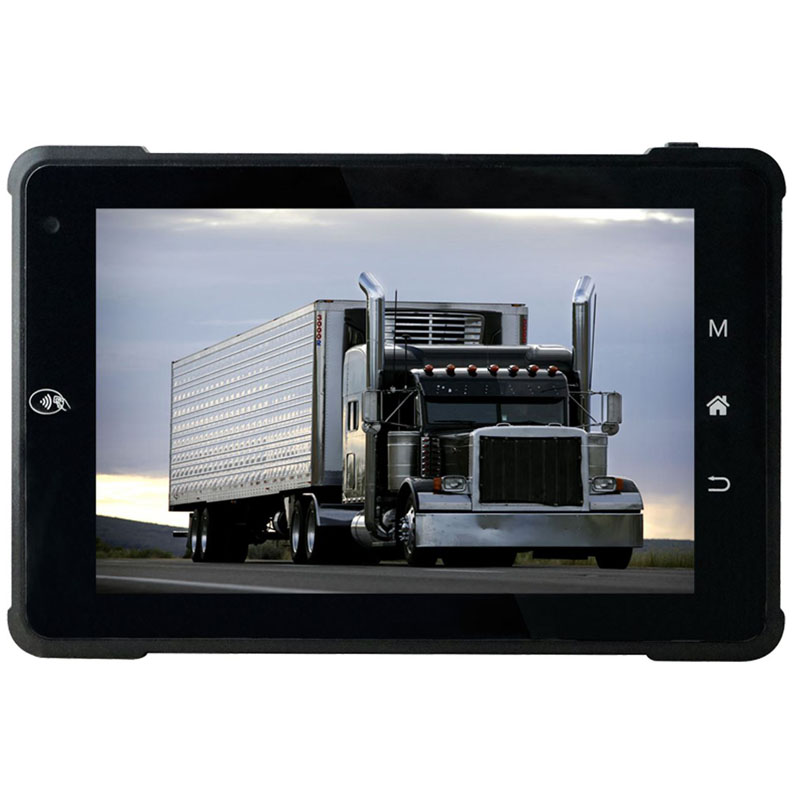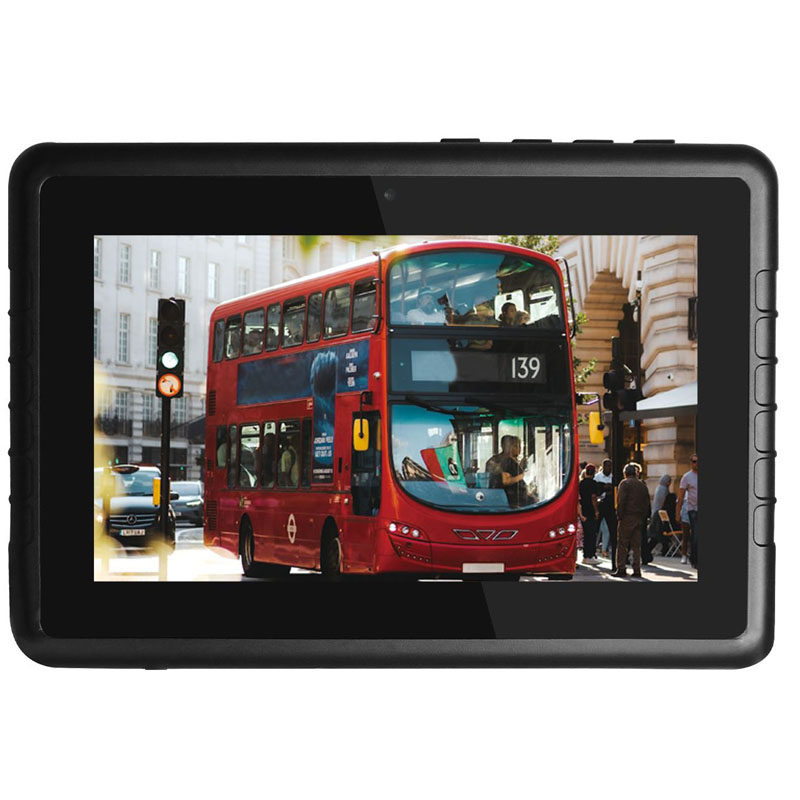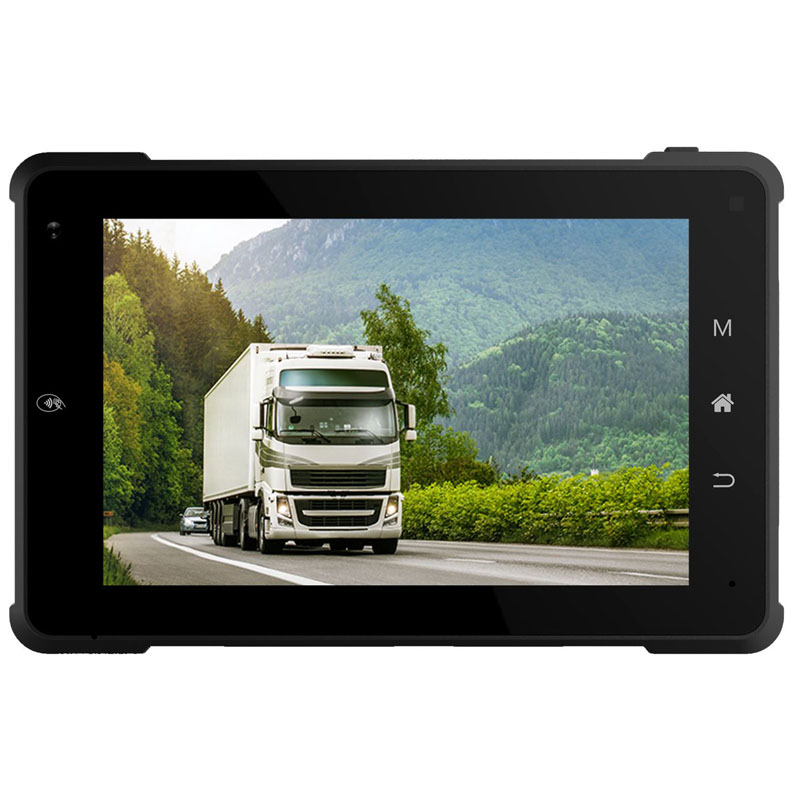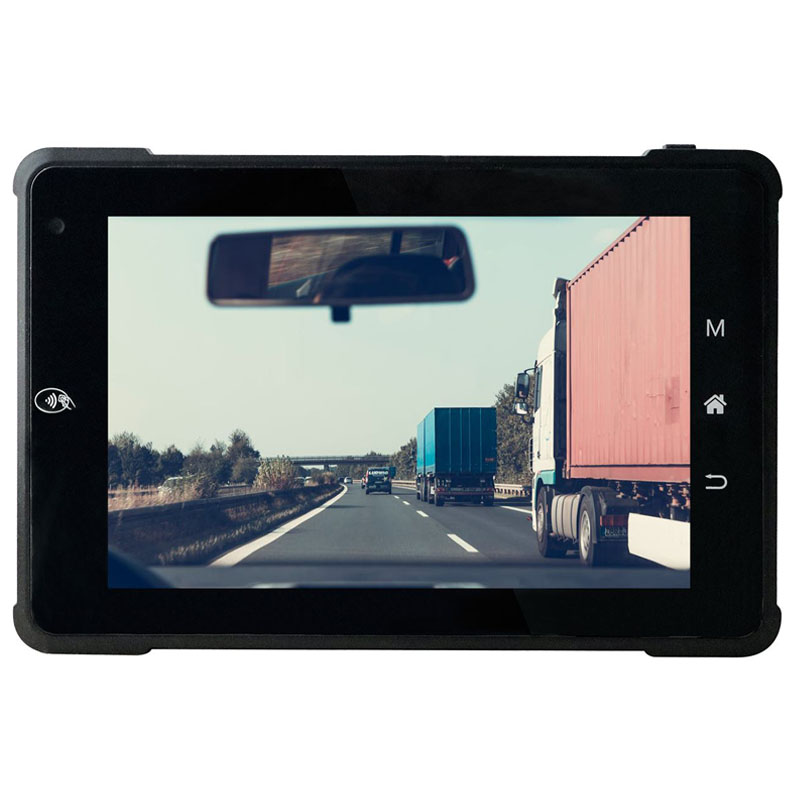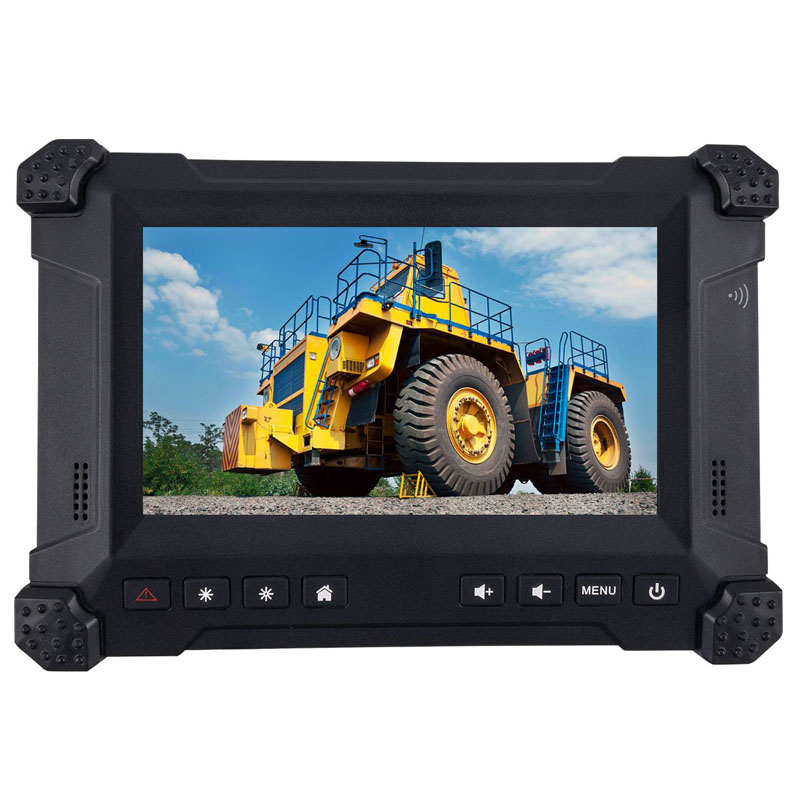The Ultimate Guide to Heavy-Duty Vehicle Computers
In today’s dynamic industrial landscape, the integration of advanced technology into heavy-duty vehicles has become increasingly essential for optimizing performance and productivity. Among the various technological innovations, the heavy-duty vehicle computer stands out as a pivotal component, empowering operators with real-time data insights, communication capabilities, and enhanced control over vehicle systems.
Understanding Heavy-Duty Vehicle Computers
Heavy-duty vehicle computers are robust computing devices specifically engineered to withstand the rigors of industrial environments, including extreme temperatures, vibrations, shock, and moisture. These ruggedized computers are purpose-built to operate seamlessly in heavy-duty vehicles such as trucks, buses, construction equipment, agricultural machinery, and mining vehicles, where reliability and durability are paramount.
Key Features of Heavy-Duty Vehicle Computers
Rugged Construction: Heavy-duty vehicle computers are constructed using durable materials and components, ensuring resistance to impact, vibration, and environmental elements commonly encountered in industrial settings.
High-Performance Computing: Equipped with powerful processors and ample memory, heavy-duty vehicle computers offer high-performance computing capabilities, enabling rapid data processing, analysis, and decision-making.
Versatile Connectivity: Heavy-duty vehicle computers feature a wide range of connectivity options, including Ethernet, Wi-Fi, Bluetooth, cellular, and GPS, facilitating seamless communication with external devices, sensors, and telematics systems.
Integration Flexibility: These rugged computers support integration with various vehicle systems and peripherals, allowing for seamless compatibility with onboard sensors, cameras, displays, and control interfaces.
Applications of Heavy-Duty Vehicle Computers
The versatility and adaptability of heavy-duty vehicle computers make them indispensable assets across diverse industries and applications. Here are some common use cases:
1. Fleet Management and Telematics
In the transportation and logistics sector, heavy-duty vehicle computers play a crucial role in fleet management and telematics solutions. By providing real-time vehicle tracking, monitoring, and diagnostics capabilities, these rugged computers enable fleet operators to optimize routes, improve fuel efficiency, and enhance overall fleet performance.
2. Onboard Diagnostics and Maintenance
Heavy-duty vehicle computers are utilized for onboard diagnostics and predictive maintenance applications, allowing operators to monitor vehicle health, identify potential issues, and schedule maintenance tasks proactively. By leveraging advanced sensor data and diagnostic algorithms, these rugged computers help minimize downtime and maximize equipment uptime.
3. Precision Agriculture
In the agricultural sector, heavy-duty vehicle computers are integrated into agricultural machinery and equipment to enable precision agriculture practices. By leveraging GPS and sensor data, these rugged computers facilitate precise planting, spraying, and harvesting operations, optimizing yield, efficiency, and resource utilization.
4. Construction and Mining
Heavy-duty vehicle computers are deployed in construction and mining equipment to monitor performance, manage workflows, and enhance operational safety. From excavators and bulldozers to dump trucks and loaders, these rugged computers enable efficient equipment operation, fleet management, and asset tracking in rugged and demanding environments.
Choosing the Right Heavy-Duty Vehicle Computer
When selecting a heavy-duty vehicle computer for specific applications, several factors should be considered to ensure optimal performance and compatibility:
1. Environmental Rating
Evaluate the environmental rating of the heavy-duty vehicle computer, considering factors such as temperature range, IP rating, and vibration resistance, to ensure it can withstand the conditions of the intended operating environment.
2. Integration Capabilities
Assess the integration capabilities of the heavy-duty vehicle computer, including support for CAN bus, Modbus, and other industry-standard protocols, to ensure seamless integration with existing vehicle systems and peripherals.
3. Scalability and Expandability
Choose a heavy-duty vehicle computer that offers scalability and expandability options, allowing for future upgrades, expansion of memory or storage, and integration of additional sensors or modules to meet evolving operational requirements.
4. Reliability and Support
Consider the reputation of the manufacturer and the availability of technical support and maintenance services when selecting a heavy-duty vehicle computer, ensuring reliability, and peace of mind throughout the product lifecycle.
Conclusion
In conclusion, heavy-duty vehicle computers play a pivotal role in optimizing performance, efficiency, and safety across various industries and applications. From fleet management and precision agriculture to construction and mining, these ruggedized computing devices empower operators with real-time insights, connectivity, and control over heavy-duty vehicles and equipment.


